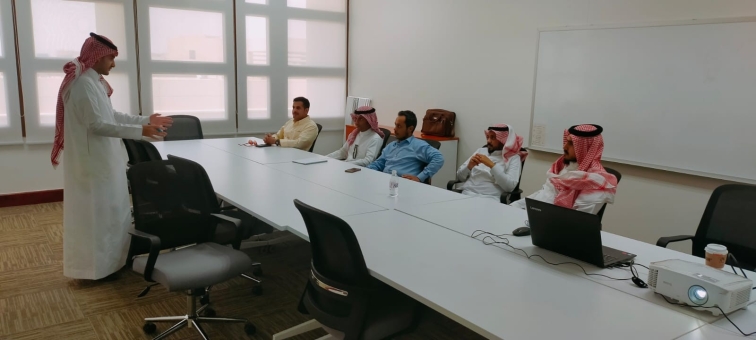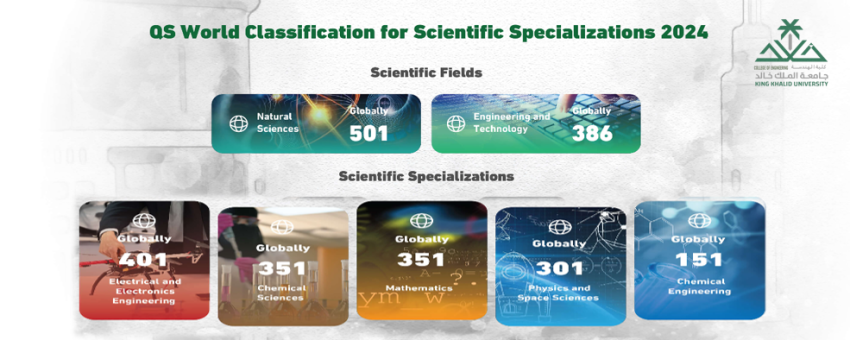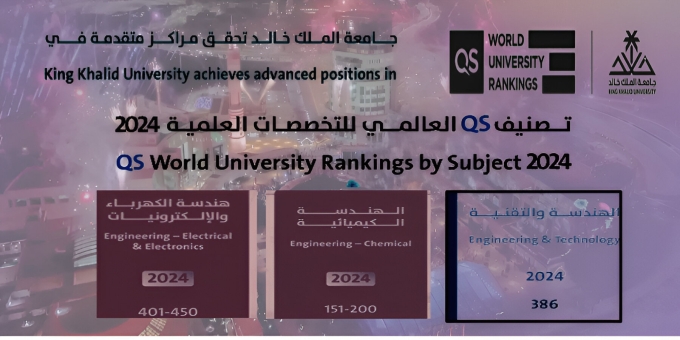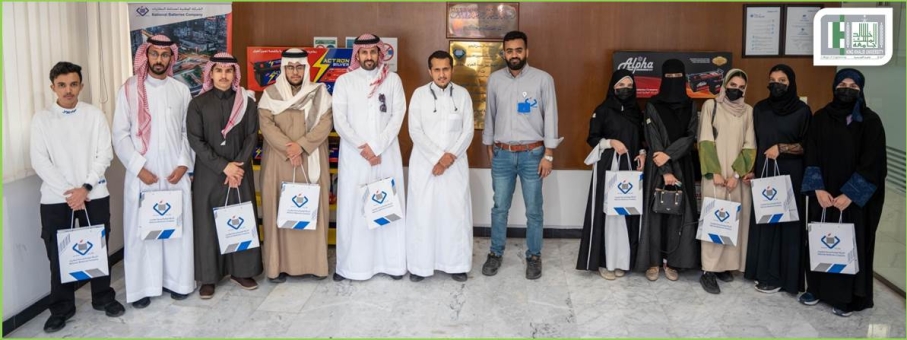Under the scientific activity in Engineering college , the Mechanical Engineering Department organized a seminar titled “Reverse Osmosis Desalination Module – Three Dimensional, Transient Analysis” presented by Dr. Ali Anqi where faculty and students attended . Below, is scientific content summery of the seminar:
The desalination process using reverse osmosis membrane is used around the globe to produce fresh water. The presentation discussed simulations to examine steady and transient nature of the flow inside a three dimensional desalination module containing cylindrical spacers. Navier-Stokes and mass transport equations are solved to determine the flow and concentration field in the feed channel for Reynolds number of 800. The spiral wound membrane is treated as a functional surface where the solution-diffusion model is applied. The flow and the concentration field are strongly three dimensional and transient in nature. The presenter demonstrated that the momentum mixing induced by the presence of spacers enhances the flux performance of the membrane. It is also shown that transient effects and the secondary flows induced by three dimensional flow transitions are mitigating the concentration polarization and fouling/scaling that occurs along the surface of the membrane.






